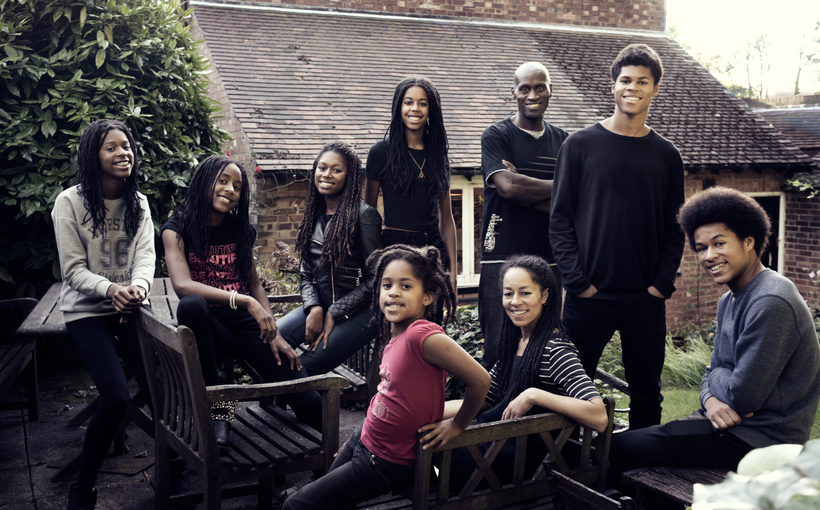They are seven outrageously gifted musical siblings. They have been called the Von Trapps of Britain. They performed on primetime television on Britain’s Got Talent and Simon Cowell pronounced them “the most talented family in the world”. One of them, Sheku, played at a royal wedding and suddenly became a household name. Yet if the poster boy for the Nottingham-raised Kanneh-Mason clan is that cellist with the big grin and the Afro, it was his elder sister who was the first of the bunch to sit at a piano, the first to get sucked into music and to point the way ahead.
This is 23-year-old Isata Kanneh-Mason, who is sitting in front of me in the headquarters of her record label in King’s Cross, central London, cool as a cucumber. Like Sheku, she is a veteran of the BBC Young Musician competition. Unlike Sheku, she had to settle for reaching her category final — after which she says she felt like a failure. She went on to study for an undergraduate degree at the Royal Academy of Music, her fees paid for by a RAM graduate named Elton John. Now she’s a postgraduate with one more year to go.

